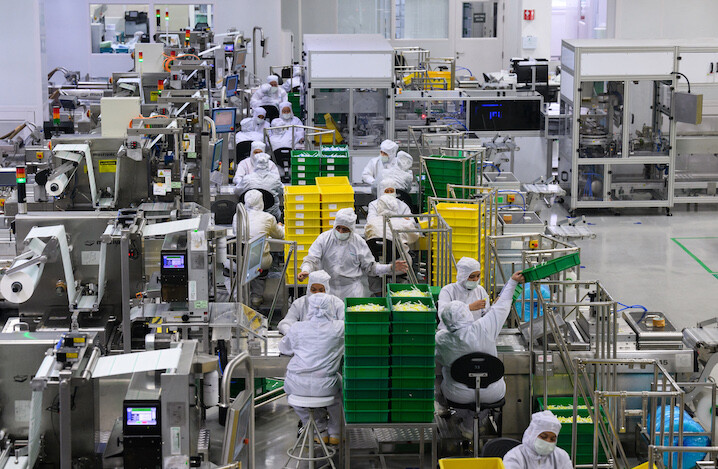
PETALING JAYA – Malaysia's Progressive Wage Policy (PWP), designed to uplift median wages and foster equitable income distribution, has delivered encouraging results during its pilot phase, according to the Economy Ministry. The initiative, launched in June of the previous year, has demonstrated a tangible impact on the earnings of participating employees, paving the way for a broader implementation in 2025.
The pilot program's data reveals that entry-level workers enrolled in the PWP experienced a significant median salary increase of RM250 per month, translating to a 13% rise, bringing their earnings to RM2,200. Similarly, non-entry-level participants saw their median salaries climb by RM200, a 9% improvement, reaching RM2,400. These figures underscore the PWP's effectiveness in achieving its core objective: to boost wages within the targeted income bracket of RM1,500 to RM4,999.
The PWP operates on a system of incentives, providing employers with financial support to facilitate wage increases. Participating companies receive up to RM200 per month for each entry-level employee and up to RM300 per month for non-entry-level employees. The government allocated RM50 million for the pilot project, which attracted 756 employer applications, representing 76% of the initial target.
"The pilot phase has demonstrated the viability of the PWP as a tool for enhancing wage growth and promoting a more balanced income distribution," stated a spokesperson from the Economy Ministry. "The positive feedback from both employers and employees has been instrumental in shaping the program's expansion."
For 2025, Prime Minister Datuk Seri Anwar Ibrahim has announced a substantial scale-up of the PWP, with a budget of RM200 million earmarked to benefit 50,000 workers. The expanded program will maintain the same operational framework as the pilot, extending its reach across various sectors, with exceptions for the civil service, defense, social security, family-run enterprises, and diplomatic missions.
A critical component of the PWP is the emphasis on skills development. Employers receiving incentives are required to ensure their employees undergo a minimum of 21 hours of training annually, or alternatively, pursue Recognition of Prior Learning (RPL). This focus on upskilling is designed to enhance the long-term employability and earning potential of Malaysian workers. The incentives will be paid on a monthly basis, and the program is set to run for three years, from 2025 to December 2027.
To facilitate widespread participation, the Economy Ministry will conduct roadshows across the country from February to April, providing employers with opportunities to register for the PWP. These roadshows aim to address any queries and streamline the application process.
The government's commitment to the PWP reflects its broader strategy to address wage stagnation and promote inclusive economic growth. By incentivizing employers to invest in their workforce, the PWP is poised to contribute to a more prosperous and equitable Malaysia.
[Copyright (c) Global Economic Times. All Rights Reserved.]





























